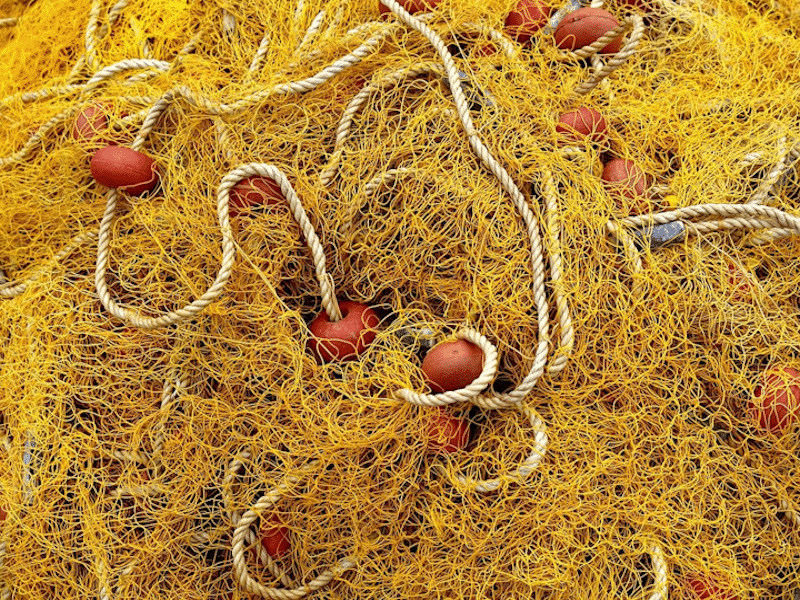The Netflix documentary Seaspiracy has created quite a stir.
It’s been lauded for shedding light on the damage caused by the fishing industry, but also condemned for using interviews and data out of context.
The Seaspiracy website includes some startling statistics: 70% of micro plastic at sea comes from fishing gear, and longline boats set enough fishing line in one day to wrap the earth 500 times.
According to a review in the New Statesman:
“Seaspiracy’s core message, that more attention needs to be paid to the practices of the fishing industry than to the disposal of plastic forks, is compelling – not least because focusing on individual consumer choices as a solution to climate change, plastic waste or the destruction caused by the fishing industry distracts from the responsibility for reform that must be placed on corporations and governments.”
But it also warned that “The film’s over-simplification and outdated statistics risk adding to the challenges already facing the world’s oceans.”
The BBC also raised questions about some of the points addressed in the film, while The Guardian highlighted claims of misrepresentation made by some participants.
Arguments about the documentary continue to simmer, but there’s plastic pollution of the world’s oceans is a serious concern and one that we all ought to be aware of. In bringing attention to it, Seaspiracy has undoubtedly performed a valuable service.

